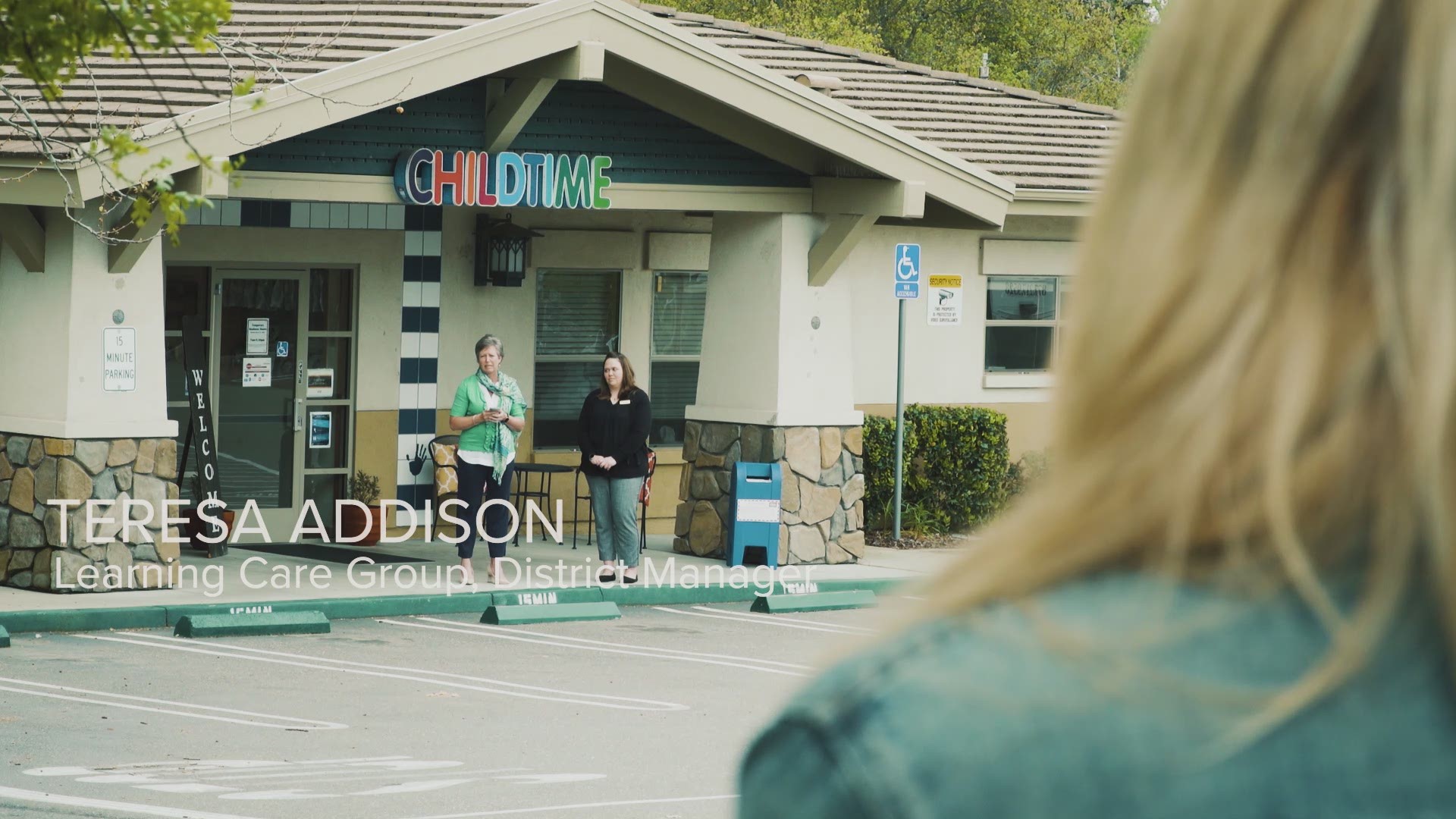SACRAMENTO COUNTY, Calif. — The title of an essential worker is often aligned with medical professionals on the front lines, but it encompasses many more.
Childcare workers, sanitation specialists, truck drivers, food delivery drivers and others are among the many continuing to go to work, risking their health in order to keep our community running.
“If we’re not providing childcare and those doctors have infants, they can’t go to work,” said Learning Care Group District Manager Teresa Addison.
Essential employees’ work also provides a small taste of normality, despite the quiet eeriness of the outside world.
“We’ve actually heard from some of our customers that they appreciate the normalcy of hearing the trash truck coming down the street,” said Atlas Disposal President Dave Sikich.
How are these essential employees being protected?
Many companies have implemented new procedures in order to protect their staff; Atlas Disposal truck drivers wear masks, gloves and have allotted only one driver per sanitized truck. Learning Care Group’s Childtime Facility has been temperature testing families, children and their staff before entering the facility.
DoorDash employee Juan Ramirez told us he was provided with multiple bottles of hand sanitizer and the company began implementing the option of “contact-less” delivery where drivers can leave food on customer’s porch. Now he sees his work as a vitality.
“This is an opportunity to give back to the community,” Ramirez said.
But others still working have a much different experience. An employee at Safeway’s Distribution Center in Tracy expressed concern from what he says is a lack of proper protection and overall care. Worried about retaliation for speaking out, he asked to be kept anonymous.
“They aren’t supplying us with the proper masks. We have work gloves we use but everyone wants to use the doctor/latex gloves and they’re not giving us those,” he said. “We’re pretty much exposing ourselves to [COVID19] daily.”
He said they’re working 16-hour days, six days a week due to people clearing out stores fast. His facility redistributes stock in Safeways and Albertsons across northern California. He said there are still around 100 employees working in the facility at a time, making it difficult to keep six-feet apart.
“If we’re sick and we have to touch the product, put it on the pallet and physically touch it, that’s possibly contaminated now and going to the store,” he said.
Other employees are starting to not show up to work, something that he said is not an option for him and a few others because they need to support their families.
“The other day one of my coworkers was feeling sick. I looked at him and he was visibly ill,” he said. “My supervisor that was on that day threatened him with [attendance] points and told him if he was going to leave he’d have to on a FMLA or paid family leave type thing so he was basically told no to his face… That’s gross negligence on their part, a total lack of care.”
After speaking with this employee, Safeway confirmed an employee at the facility in Tracy had tested positive for COVID-19.
Safeway said they’re expecting to begin temperature checks on employees within the coming days as well as enhanced disinfecting and adjusted break times for social distancing.
Keeping grocery employees safe is a concern to the California Grocers Association. While they said labor issues are each store’s protocol, they’ve provided recommendations in order to keep both employees and customers safe.
Part of that is implementing signage six-feet apart on the ground of check out lines, loudspeaker reminders of social distancing, sanitizing carts and providing sanitation/protective gear to employees.
California Grocer Association’s Vice President Dave Heylen also wanted to remind customers of stores employees hard work: “On your next visit to the grocery store, take an extra minute to thank these front-end workers for the job they’re doing. They’re working under tremendous stress, tremendous pressure and yet they are there every day and are working hard… I think in many ways they are heroes.”
Follow the conversation on Facebook with Andie Judson.
FOR THE LATEST CORONAVIRUS NEWS,
DOWNLOAD THE ABC10 APP:
►Stay In the Know! Sign up now for ABC10's Daily Blend Newsletter



